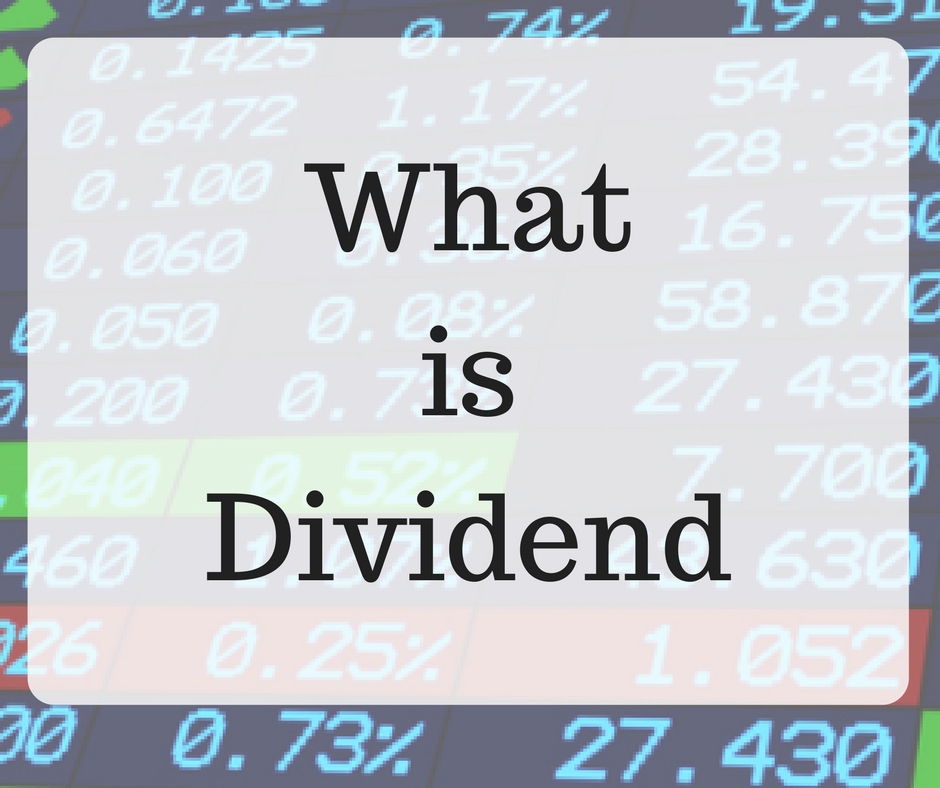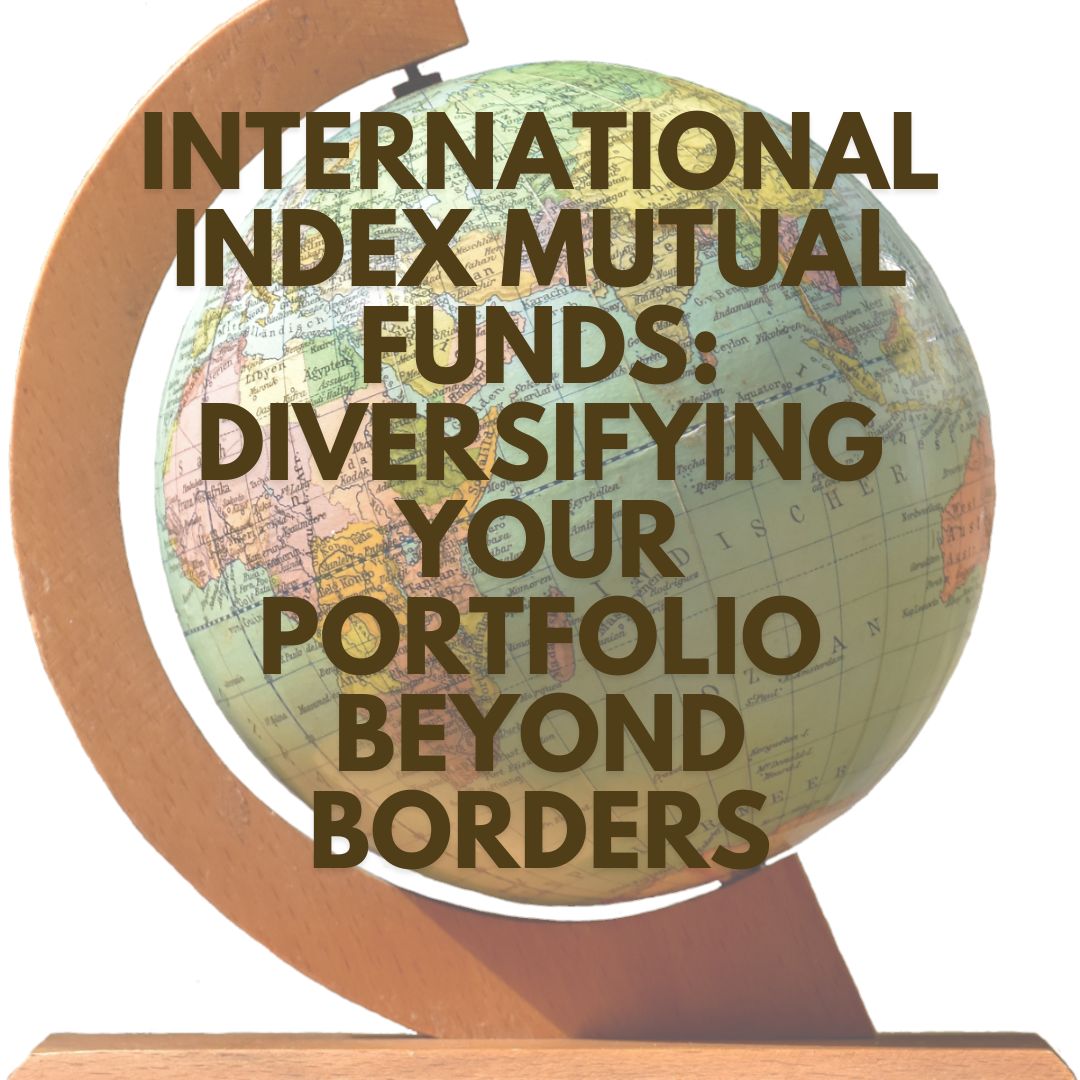What is Dividend?
- 1 May 2017 | 1617 Views | By Mint2Save

A performance of a stock and the company issuing it are judged on multiple technical factors, out of which dividend has a major role. An investment pleasure for equity holders, dividends are rewards of loyalty that a company grants to its stakeholders. If a stock regularly provides dividend to its customers, it is regarded far better than its competition.
It is a very tangible return on an investment, which no technical analysis can predict, neither it can be reverse connected to the company’s financial statements.
A lot of people such as Steve Jobs have been against the idea of dividend as it seems to erode the company out of its profits. However, since Apple has started to give dividends from the year 2012, the scene seems to change in the favour of retail investors. In this article, we would explore the basics and essential facts related to the dividend.

Dividend is paid to the company’s shareholders when company earn profits and the share of such profits is divided or distributed among the shareholders of the company. The dividend of the company is generally determined by the board of directors (BOD) and needs shareholders approval.
Paying Dividends are very useful as it shows the relationship among company and investor. In recent past we notice that General Motors (GM) cut their successful long run dividend to avoid bankruptcy through the financial crisis that take place in 2008.
In that situation, many former GM employees were annoyed as they lived on dividend payments which they get from the company. Small companies typically distribute dividends at the end of an accounting year, whereas larger, publicly held companies usually distribute it every quarter.
Why Do Companies Pay Dividends?
To raise money when a company sells its shares after which then they use to fund current operations and enlarge their businesses. Fundamentally, a dividend is a type of incentive or reward paid to the shareholders for the possession of the stock in the company. Thus, the dividend is the best method for companies to attract investors to purchase their stock.
These dividend types are:
Cash dividend:
The board of directors decides to pay a certain dividend amount of the company’s profits and shareholders receive the payment in the form of cash or electronic transfer based on how many shares of stock they possess.
The company can pay the cash dividends only under two conditions; a company cannot pay cash dividends if there are positive retained earnings and company must have sufficient cash ready to pay the dividends.
Stock dividend
A stock dividend is opposite of the cash dividend where instead of paying shareholders cash , the board decides to give investors whole or partial shares in the company for each share held by them. When the company issues below 25% of the total number of previous shares that are outstanding then that transaction is said as a stock dividend. It is also called as bonus dividend.
Property dividend
When a company issues a dividend to its investors other than a cash or stock payment, it is termed as property dividend. In other words, the company issue dividend of one of the assets of the company, where assets could be inventory, vehicle or equipment. Note that the value of the distribution is done at fair market value of the assets. Because the fair market value might differ from the book value of assets, thus the company will probably record the difference as a profit or a loss.
Scrip dividend
If suppose, the company does not have enough funds to pay dividends in the future, so at that time company issues a scrip dividend which is mainly a promissory note to pay shareholders at a later date and that may or may not include interest.
Liquidating dividend
Here, the company board of directors’ desire to return the capital that is initially contributed by shareholders as a dividend it is known as liquidating dividend, and may be a predecessor to closing down the business.
Advantages of Dividend:
Generating income:
The main advantage of dividend is for the investors as they have invested in the company and become more confident and satisfied with the company because everybody wants to have some extra when it comes to earning money and thus it is the best way that generate additional income for the shareholders.
Gaining without Selling
Those Investors who have invested in dividend paying stocks are not required to sell their shares to participate in the growth of the stock. They gather the financial benefits without selling the stock.
Beneficial for company
When a company declares the dividend payments at that time it gives a strong message about the future outlook of the company. In the meanwhile companies can also take advantage of the additional publicity they get during that time.
Attracts the class of investors
The dividend is that people who are old or at the retirement stage like to have stable source of income and so if they invest in the stock market, they will more likely to prefer to invest in those corporations which pay regular dividends instead of those companies which pay irregular or no dividend at all and thus in such case dividend attracts this class of investors to invest in the company.
Tax free source
In many countries dividend income is tax free because the tax is deducted at source that is on the distribution of profits from the company and, therefore when the dividend is received by the investors he or she will not have to pay taxes on dividend income.
Disadvantages of Dividend:
Focus on short term benefit rather than long term
The major drawback is that when a company pays a dividend, it runs out of cash which could be used for investing in the business which consecutively would have resulted in more development for the company. In such a situation dividend results in sacrificing long term growth for gaining short term benefit.
Tax Burden
One more drawback is that company has to pay tax on the distribution of profit for paying dividend which might not have the situation if the company had invested the amount into the business and thus paying dividend result in Tax burden for the company and which in turn affect the growth of the company.
As stated above Dividend has benefits as well as drawbacks, thus, Dividend depends upon the company’s financial position and even also on the management future position of the company.









